
Meet "Gary," whose case provides an introduction to the value of systems-based practice.
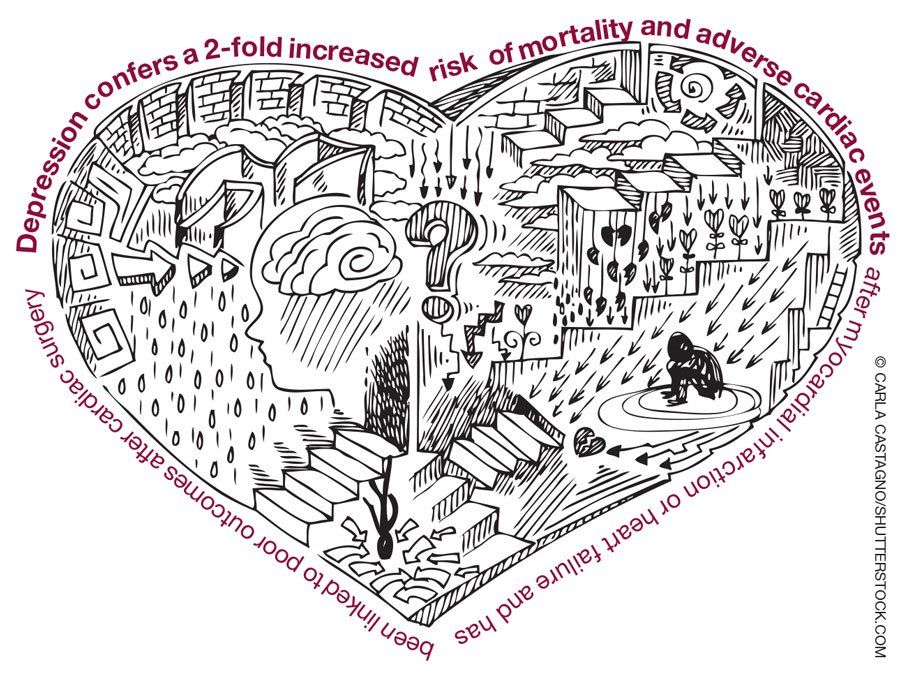

Meet "Gary," whose case provides an introduction to the value of systems-based practice.
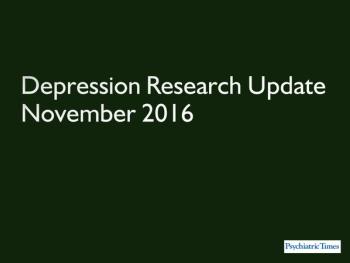
Recent studies examine placebo responses to antidepressants, the effect of SSRIs on sleep in the elderly, and the best time of day for psychotherapy sessions.

I started promoting pharmacogenetic tests in the 1990s-before they were fashionable-and now, after going through the 3 phases of pharmacogenetic testing (fear, failure, and hype), I am embarrassed.

What does mandated electronic prescribing have to do with that old show, Twilight Zone?

Why is there so little clamor for a drug that prevents neurodegeneration, carries very low risk, and is unlikely to produce significant side effects?
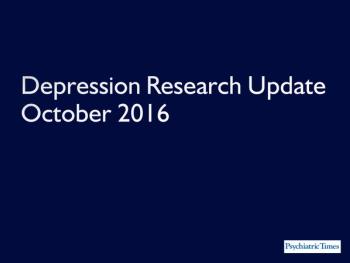
Three new studies help predict which patients with depression may not respond to pharmacotherapy and which women may become depressed during menopause.
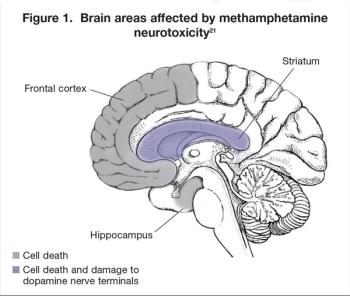
Here: devastating short- and long-term behavioral and physiological effects of methamphetamine neurotoxicity and the implications for treatment.
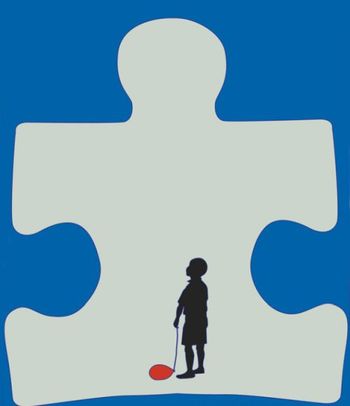
Rising costs and changing treatment trends have sparked concerns about quality of care.
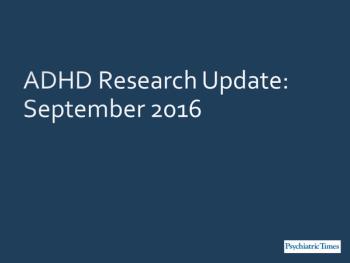
Three new studies in children with ADHD reveal an association with seizures, the benefits of after-school exercise, and brain changes linked to treatment.

What are the facts regarding co-occurring depression and ADHD?

Can lithium pass the LiTMUS test?

New research shows the benefits of low-dose lithium-even in the water supply.
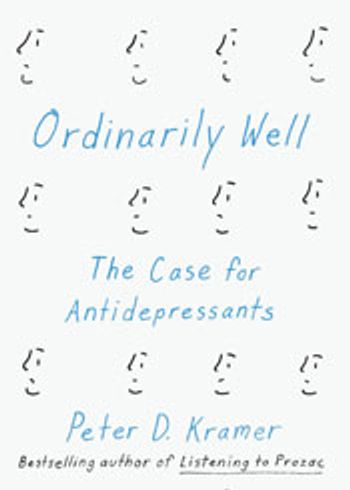
A searching interrogation of scientific findings reflected against experience with patients.
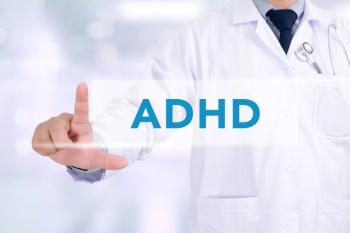
Potential risk factors related to comorbid ADHD and depression, strategies for proper diagnosis, and treatment approaches.

This hormone-based therapy shows promise for older women with refractory symptoms.

The authors examine the literature on "quality of life" and how antipsychotics improve that for patients with schizophrenia.
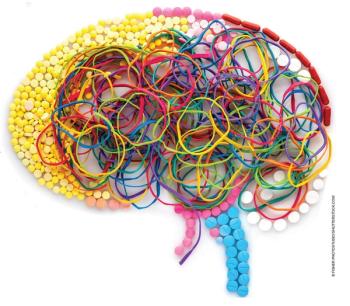
Here: a look at several natural products used to improve cognitive impairment or cognitive symptoms of dementia.

Recent studies illustrate the importance of homing in on the somatic symptoms of depression

An expert discusses ADHD in patients over 50.

Benefits of drug therapy include fewer STDs, injuries, and substance use disorders

Insights from the first study of mortality and cumulative psychotropic exposure in schizophrenia.

What is the risk of symptom recurrence after antipsychotic discontinuation in first-episode psychosis?
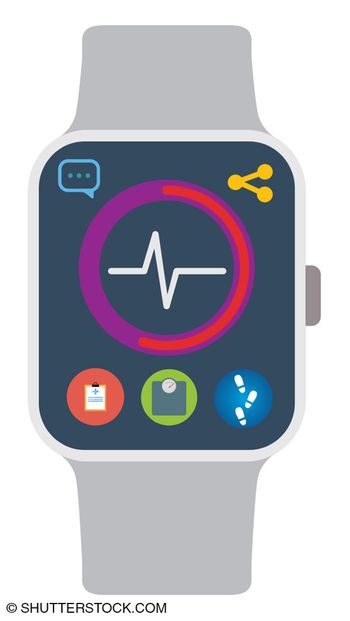
Can a wearable device improve mental health outcomes?

The very traits that define a good physician make it difficult for most doctors to prioritize basic self-care. Many fail to notice early signs of dysfunction.

A new CDC guideline on prescribing opioids for chronic pain has only added to the media attention being focused on opioid abuse and addiction. But what does the guideline really offer?